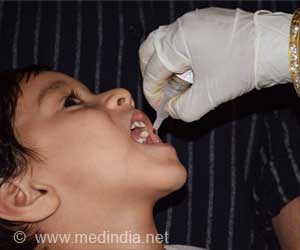First year medical students could leave university £8,000 more in debt than this year’s graduates because of the introduction of variable tuition fees, according to a BMA survey published today, 11 October 2007.
The BMA’s UK wide annual medical student finance survey shows the average final year medical student will graduate with debts of over £20,0001. It also shows the level of debt among first year students is much worse than it was in 2006. By the end of the first year the average debt is now £7,776, an increase of 12%.This year’s new entrants were the first group to pay variable tuition fees. Under the old system students had to pay a flat rate of £1,175, now it can be anything up to £3,000. According to the BMA survey first year students paid an average of £2,779. This means that in five years they could be £8,000 more in debt just because of the extra money they are paying in tuition fees.
Commenting on the results, Gerard Millen, a fifth year medical student at Queen's University Belfast and Chair of this year's BMA Medical Students Conference, said: "These latest figures are appalling. We are very concerned that the higher fees will hinder accessibility to higher education for talented students from disadvantaged backgrounds. This is bad for the medical profession and bad for society.
"Excluding any of the money that I will have to pay out this year, I have accumulated about £21,000 of debt already."
Ian Noble, chair of the BMA’s Medical Students Committee, said: “We have been warning for a long time that variable top-up fees will make student debt much worse. My fear is that these higher fees will put off students from more disadvantaged backgrounds. Becoming a doctor should always be about ability, not how much you are prepared to pay. The government has said it wants to widen access to medical education yet our research shows variable top-up fees are making the situation worse not better.”
The findings, based on the completed questionnaires of 1,737 medical students, also show nearly all students have a government loan (91%), over half have an overdraft (55%) and nearly three in five have at least one credit card (59%). Almost one in five students has a bank loan (17%) - the same as last year, but on average they owe £1,400 more than in 2006.
Advertisement
"Financial pressures are forcing medical students to take on ever larger bank loans and jeopardise their studies by working while at university. We need affordable, high quality training for all medical students regardless of their ability to pay."
Advertisement
Source: BMA
VEN/C





